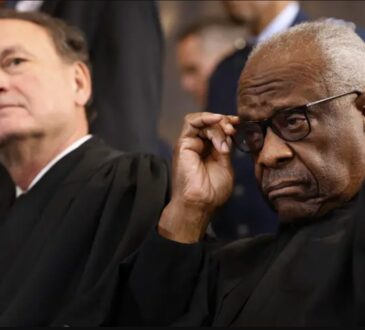
The U.S. Supreme Court has decided that Donald Trump’s administration can begin enforcing a policy that bans transgender people from serving in the military. This decision means that transgender individuals who are already serving could be forced to leave their positions, and new transgender recruits would not be allowed to join.
This comes after Trump, shortly after starting his second term as president in January, signed an executive order called “Prioritizing Military Excellence and Readiness.” The order claims that allowing transgender people to serve in the military weakens its standards and focus, arguing that identifying as a gender different from one’s sex at birth goes against the values of honesty, discipline, and honor expected from soldiers.
Two major LGBTQ rights organizations—LGBTQ Legal Advocates & Defenders and the National Center for Lesbian Rights—quickly filed a lawsuit against this policy. In March, a judge in Washington, D.C., Ana Reyes, blocked the order, saying it unfairly discriminated against transgender people and violated their right to equal protection under the law. She called the language used in the policy demeaning and not based on any real evidence.
Judge Reyes said the government could have created a fairer policy that respected both military readiness and equal rights. But she concluded that Trump’s ban did not do this, and therefore needed to be stopped.
Despite her ruling, the Supreme Court later allowed the Trump administration to move forward with the policy while the lawsuit continues. The court’s decision wasn’t signed by any specific justice, but the three liberal justices made it clear they disagreed.
In response, human rights groups criticized the decision. Organizations like Lambda Legal and the Human Rights Campaign Foundation said the policy is based on prejudice, not facts. They believe transgender people are just as capable and committed as anyone else in the military and are confident that the ban will eventually be ruled unconstitutional.




